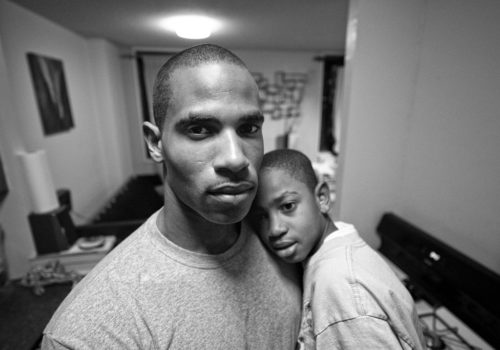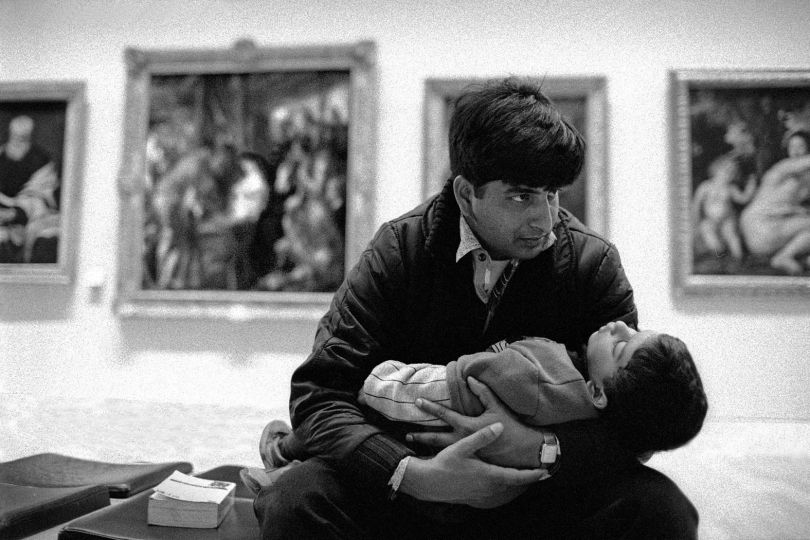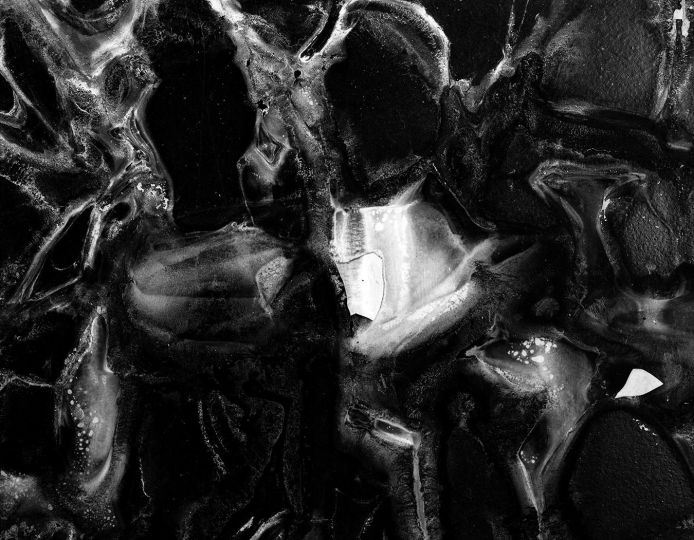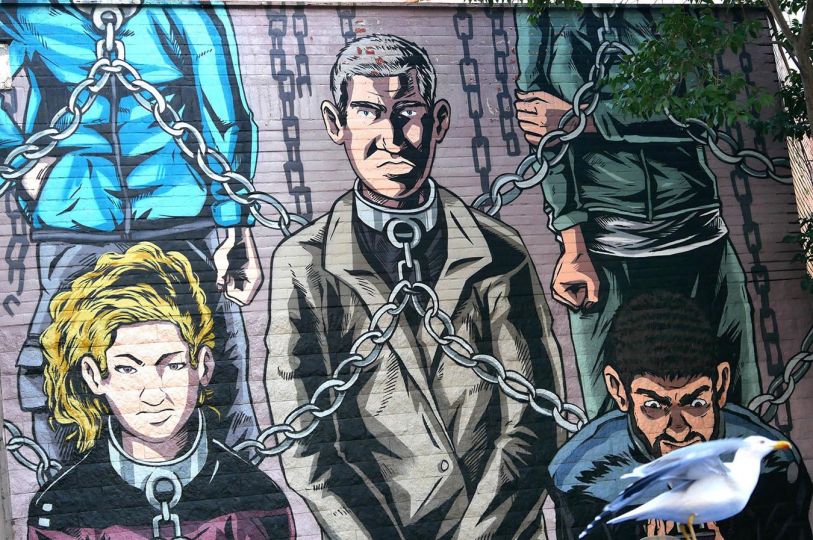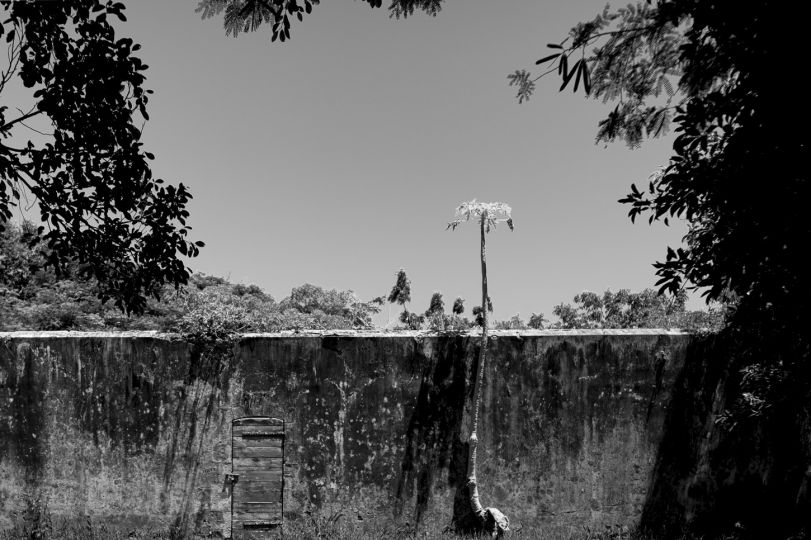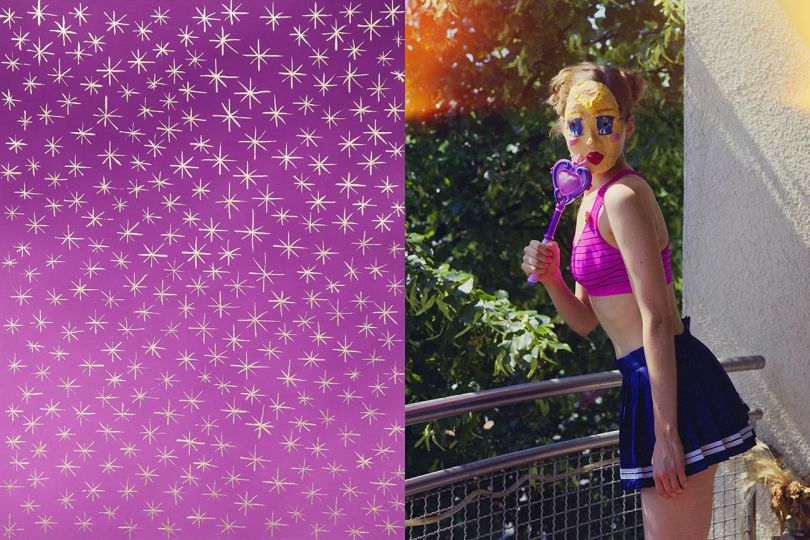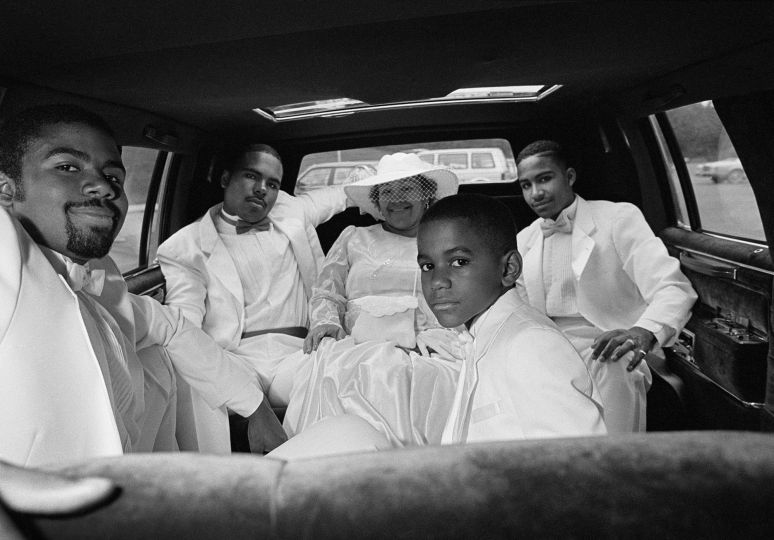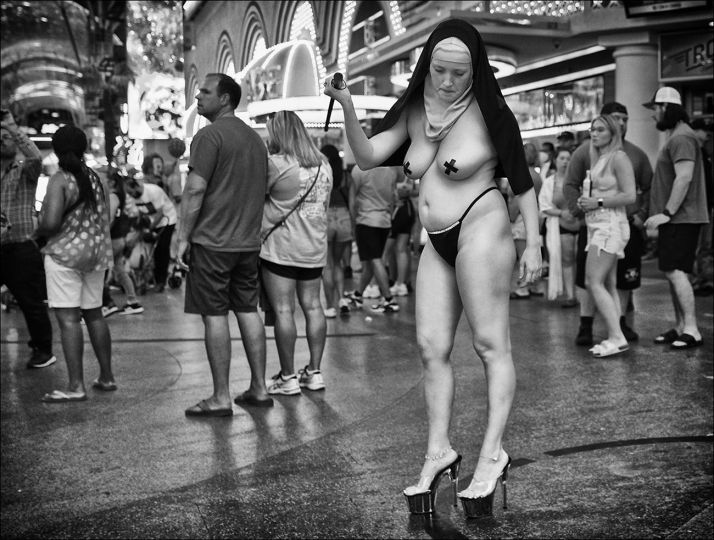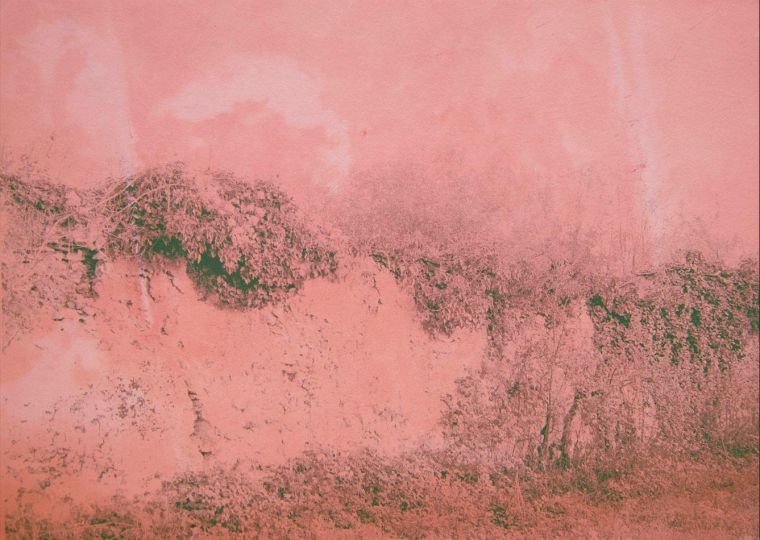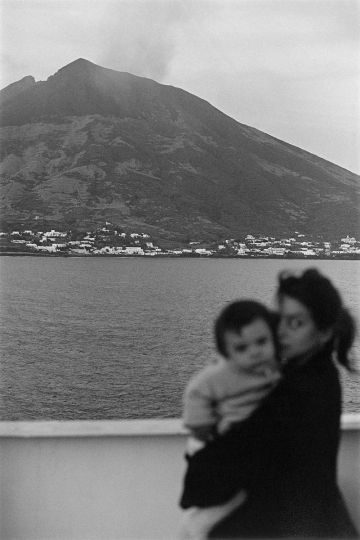Exploring the personal through photography often leads to the revelation of greater societal truths and the breaking down of normative perceptions around behaviours that can marginalise people and perpetuate cultural stereotypes.
German-born physician and photographer Zun Lee’s new book “Father Figure: Exploring Alternate Notions of Black Fatherhood” is a case in point. This body of work came about through Lee’s exorcism of his own demons: as a child Lee was the victim of an abusive father, and only learned as an adult that his real father had abandoned him before birth. Grappling with how to deal with this emotional tempest, Lee turned to photography.
“My own biological father was a Black man who allegedly disappeared when he learned my mother was pregnant with me,” says Lee who came to photography recently. “For a long time, holding on to the pain of that discovery was easier than dealing with it: As long as I was able to project my misgivings onto a negative stereotype, I could justify my anger and hurt. But I also realized that a huge part of me was curious to know more about my Black father, wanting to understand, get to a place of forgiveness. And that longing had informed my creative process all along. Without any information about my father’s identity or whereabouts, the only way to come to terms with my feelings was to examine them through photography.”
Creating the pictures in ”Father Figure” has proven personally cathartic, and at the same time provided a discussion point around the perception of Black fatherhood. In “Father Figure” Lee’s intimate portraits capture that unique bond between father and child – adult arms provide shelter, a pat on the head gives approval, and an unguarded moment reveals tenderness. But these pictures also draw focus on the struggles that continue for many Black fathers. In these images we see the weight of marginalisation and the worry of an uncertain future, their own and their offspring. In the roll of a tear, or the shadow of a smile we begin to know their stories.
At first glance the scenes in “Father Figure” are familiar, yet they are also foreign because they show Black fathers in paternal settings that we seldom see. Lee doesn’t try to control what happens in front of his lens nor does he shy away from capturing some hard truths. That’s what I like so much about this book – these images don’t dress up parenting. Being a parent is hard work, being a father even harder as often the emphasis is on the mother and child, with Dad relegated to the background. Lee has given fathers and their children centre stage and moved the conversation away from the “deadbeat-dad narrative” so often woven around Black fathers.
A final note belongs to the production of this book. One standout feature in my opinion is that none of the images are split over double pages – that’s something that drives me crazy, when images are cut in half by the spine often at a critical point. The other notable mentions are the beautifully reproduced black and white images with rich tonal range and the embossed cover. A superb publication from Ceiba.
BOOK
Father Figure: Exploring Alternate Notions of Black Fatherhood
Zun Lee
Published by Ceiba
30,6 cm x 20,9 cm / 12.2″ x 7.87″
124 pages, 61 B&W photographs
ISB: 978-1-941781-00-5

